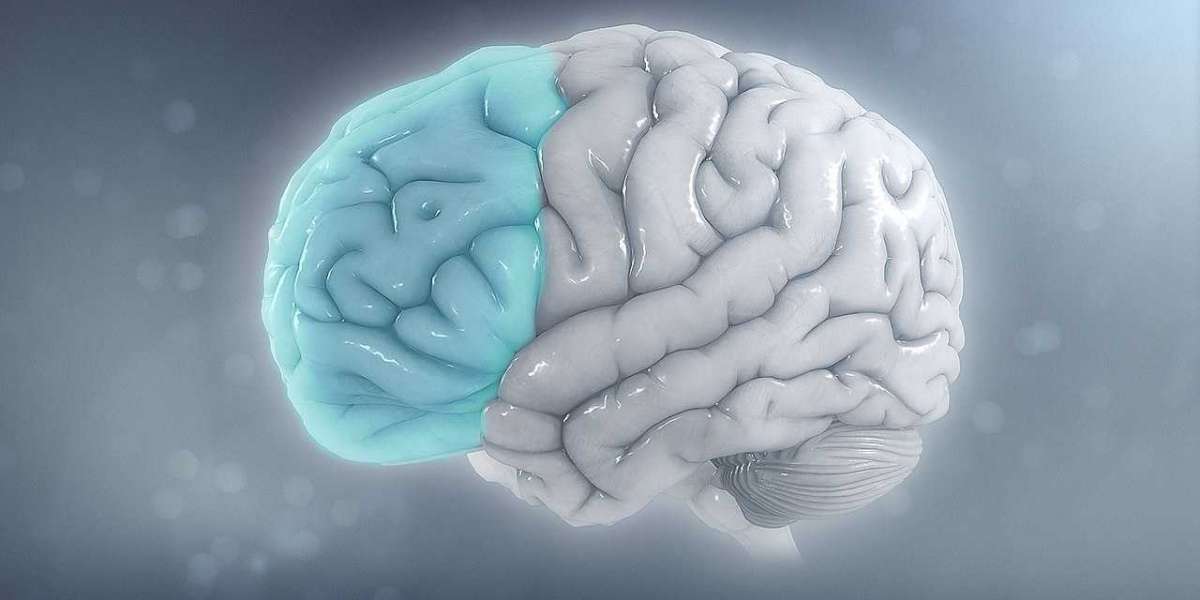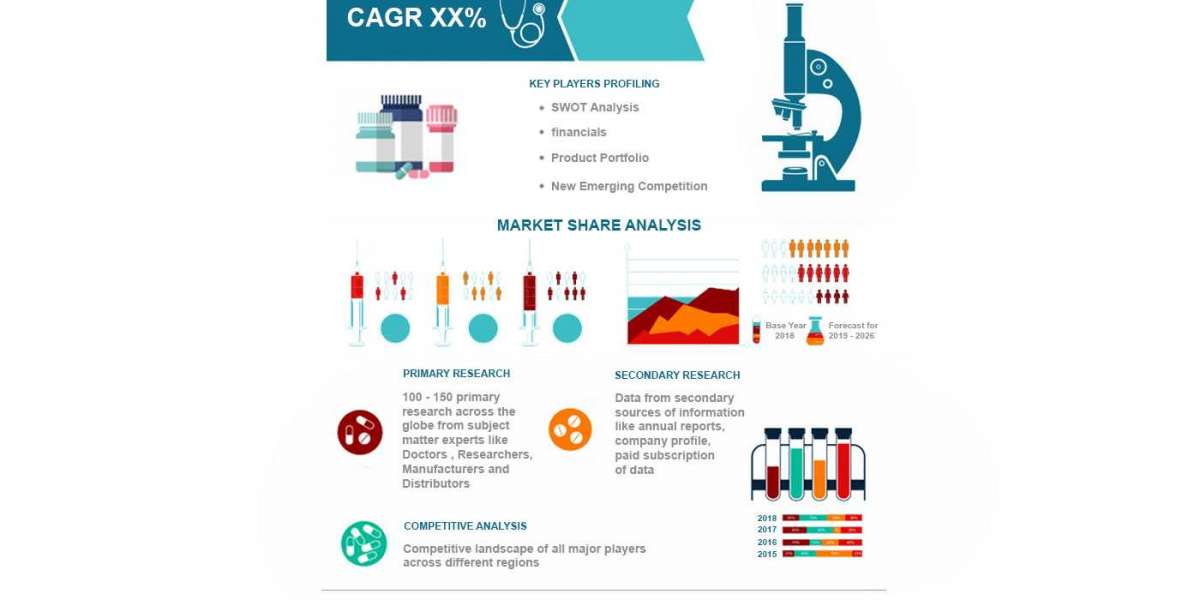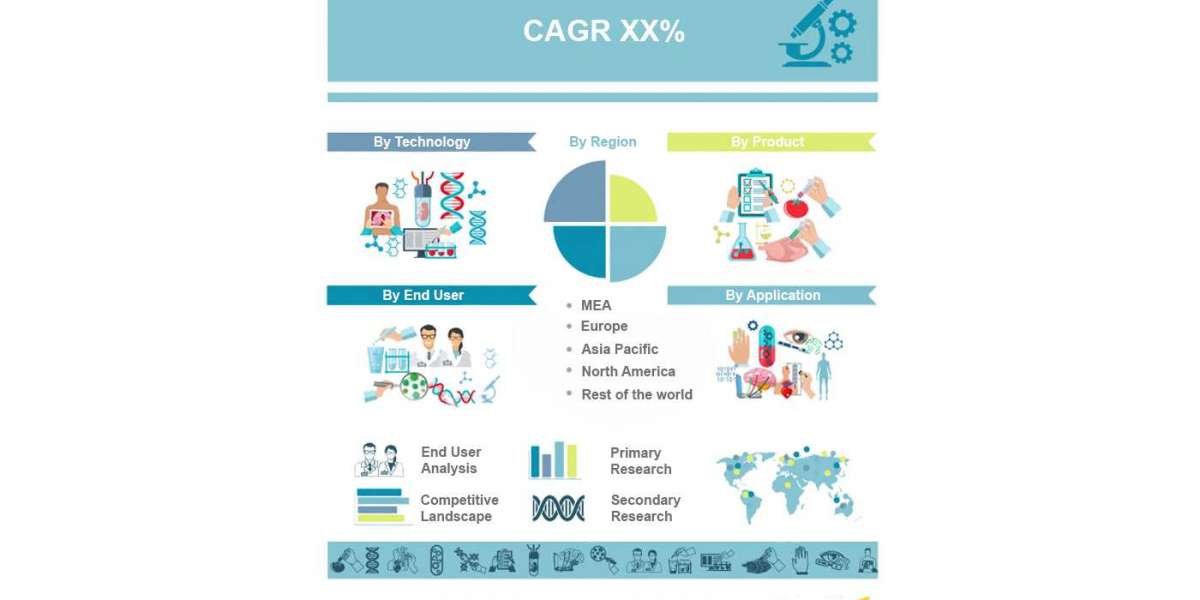Pain, whether it's physical or mental, is often hidden behind a mask—a normal-looking front that hides how bad the pain really is. People learn to hide their pain in plain sight in order to meet societal standards and their own personal pressures. They put on a calm exterior while fighting inner turmoil. In this piece, we look into the practice of hiding pain, including why people do it, how it affects them, and how important it is to speak up for help and healing.
The Normalcy Mask
People are taught from a very young age to put on masks and show the world a perfect version of ourselves, no matter what is really going on inside. There can be a lot of pressure on people to look "fine" or "normal" when they are in pain. People who are in pain, whether it's physical or mental, often feel like they have to hide it because they are afraid of being judged, rejected, or seen as weak.
Delayed Treatment and Support:
People who hide their pain may wait longer to get treatment or support, which makes their pain last longer and keeps them from getting the care they need to heal.
Why People Hide Pain
People choose to hide their pain for many reasons, such as:
Fear of Judgment:
Pain is often looked down upon by society because it makes people feel weak or not good enough. People may hide their problems because they are afraid of being judged or given a bad name if they say they are in pain.
Pressure to Stay Calm:
People who live in a society that values stoicism and independence may feel like they have to keep up a strong, calm front even when they are hurting inside.
Avoiding Pity or Sympathy:
Some people may hide their pain so that others won't feel sorry for them or sympathize with them. They want to keep their freedom and sense of dignity.
Protection of Others:
People may hide their pain to keep their loved ones from worrying or being upset because they think that letting others know about their problems will only make things worse.
How Much It Costs to Hide Pain
People who hide their pain may feel better temporarily from social pressure or discomfort, but it has a big effect on their health:
Being alone and feeling isolated:
Hiding pain can make people feel alone and isolated because it's hard for them to connect with others in a real way and keep meaningful relationships going.
Increased Stress and Anxiety:
Hiding pain can be very stressful and anxious, making emotional problems worse and leading to worse mental health results.
Loss of Authenticity:
Always putting on a mask to hide your pain can make you lose your sense of who you are and how you present yourself, which can make you feel disconnected from yourself and others.
Getting the Word Out
It's important for healing and well-being to break the silence around secret pain:
Validation and Acceptance:
When we recognize and validate people's pain, we make it safe for them to be themselves and ask for help without worrying about being judged or feeling ashamed.
Encouragement to Get Help:
Encouraging people to get help through treatment, therapy, or support groups can give them the strength to deal with their pain and start to heal.
Promoting Open Communication:
Having honest and open talks about pain can help get rid of stigma and make it easier for people to get help, creating a culture of empathy, understanding, and compassion.
Giving Support and Compassion:
Giving people who are hiding pain support and compassion can give them hope and a sense of connection, telling them that they are not alone in their struggles.
In conclusion
Behind the mask of normalcy is a world of secret pain that does best when kept quiet and out of sight. We can break the silence and build a culture of kindness, empathy, and healing by recognizing the reasons people hide their pain, realizing how it affects their health, and encouraging open communication and support. Let's shine a light on pain that is hidden and help and understand those who need it the most.









